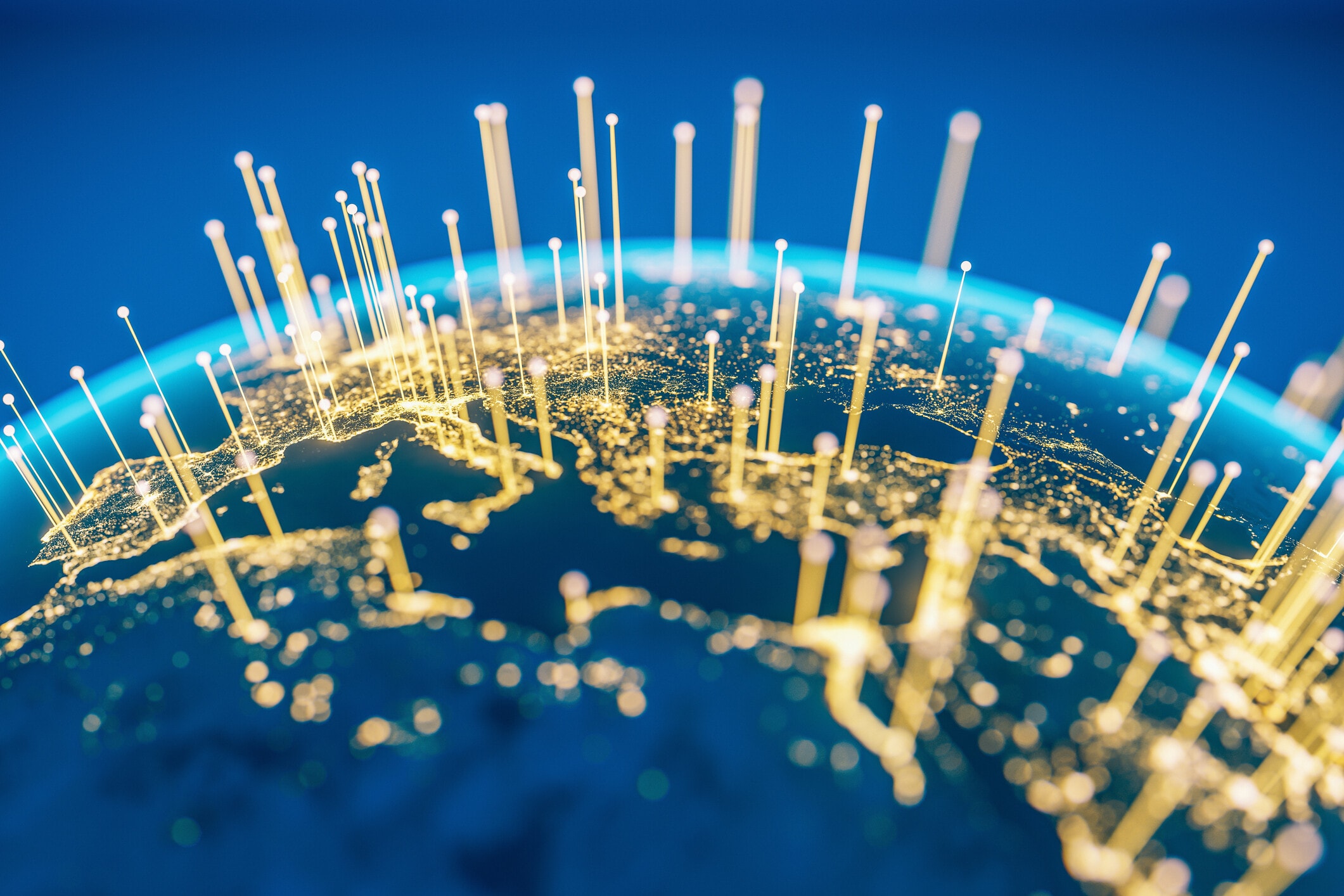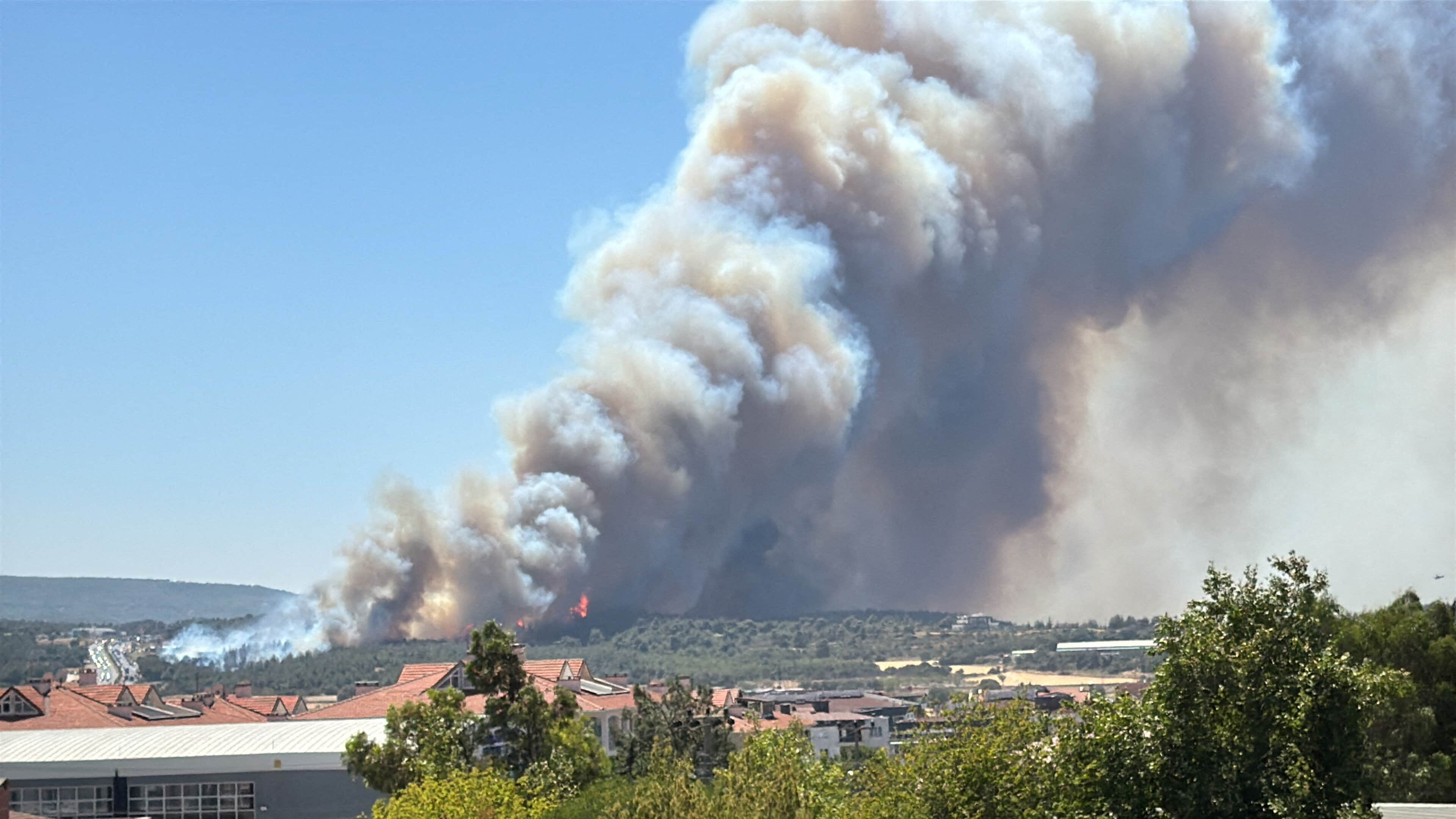COVID-19 proved companies have a conscience: The Great Reset podcast on building back business

New York Stock Exchange chief Stacey Cunningham: "We saw immediate action from companies." Image: REUTERS/Brendan McDermid
- Global experts discuss how to build back business at the World Economic Forum's Great Reset Dialogue.
- OECD chief Angel Gurría: We're still in the middle of COVID crisis and it may get worse.
- Bank of America CEO Moynihan: "We need to be relentless" in pursuing stakeholder model.
- NYSE CEO Stacey Cunningham: Many companies leapt at the chance to help tackle the COVID crisis, showing "stakeholder mentality".
- The Forum's Great Reset podcast is available now; please subscribe and rate.
Once again, economists are using the word "unprecedented" to describe the impact of the COVID-19 coronavirus pandemic, with the Organisation for Economic Co-operation and Development (OECD) reporting that the economies of its member countries shrank by a record 10% in the second quarter of 2020.
Delivering those gloomy statistics, OECD Secretary-General Angel Gurría told the latest World Economic Forum Great Reset virtual meeting that any signs of a global uptick may well be short-lived.
"We're right in the middle of it, and it may get worse," Gurría said, adding that countries may need to extend fiscal stimulus policies aimed at preventing economic collapse, but he recognized that many would struggle to afford it.
Faced with that scenario, how might companies manage to "reset" - not just to survive the crisis, but to take the opportunity to re-invent themselves as champions of the stakeholder economy?
Bank of America CEO Brian Moynihan said the momentum towards that was unstoppable.
"We need to be relentless about this idea," he said.
"If we believe the SDGs (the UN Sustainable Development Goals) are important, which we have all said we do, and if we believe the investor community is very focused on companies that not only do well for their shareholders but do well for their stakeholders, there's not a better time to make sure that we have the metrics to measure that success, so that companies making progress can be recognized and rewarded."
The head of the New York Stock Exchange struck a note of caution about the risk of over-burdening listed companies with requirements to publish data on their ESG - environmental, social and governance - progress. But she agreed that companies were embracing the stakeholder mindset, as their response to the pandemic had shown.
“As the pandemic was spreading, we saw immediate action from so many companies across sectors to change their businesses to be part of the solution - that’s a stakeholder mentality," Stacey Cunningham said.
Hear the full Great Reset Dialogue: here.
And watch it here:
Participants:
Brian T. Moynihan, Chairman and Chief Executive Officer at Bank of America
Stacey Cunningham, President and Chief Executive Officer at New York Stock Exchange
Angel Gurría, Secretary-General at Organisation for Economic Co-operation and Development (OECD)
Tharman Shanmugaratnam, Senior Minister, Singapore
Li Xin, Managing Director, Caixin Global at Caixin Media
Don't miss any update on this topic
Create a free account and access your personalized content collection with our latest publications and analyses.
License and Republishing
World Economic Forum articles may be republished in accordance with the Creative Commons Attribution-NonCommercial-NoDerivatives 4.0 International Public License, and in accordance with our Terms of Use.
The views expressed in this article are those of the author alone and not the World Economic Forum.
Stay up to date:
The Great Reset
Forum Stories newsletter
Bringing you weekly curated insights and analysis on the global issues that matter.
More on Stakeholder CapitalismSee all
Pedro Leitao
November 5, 2025







